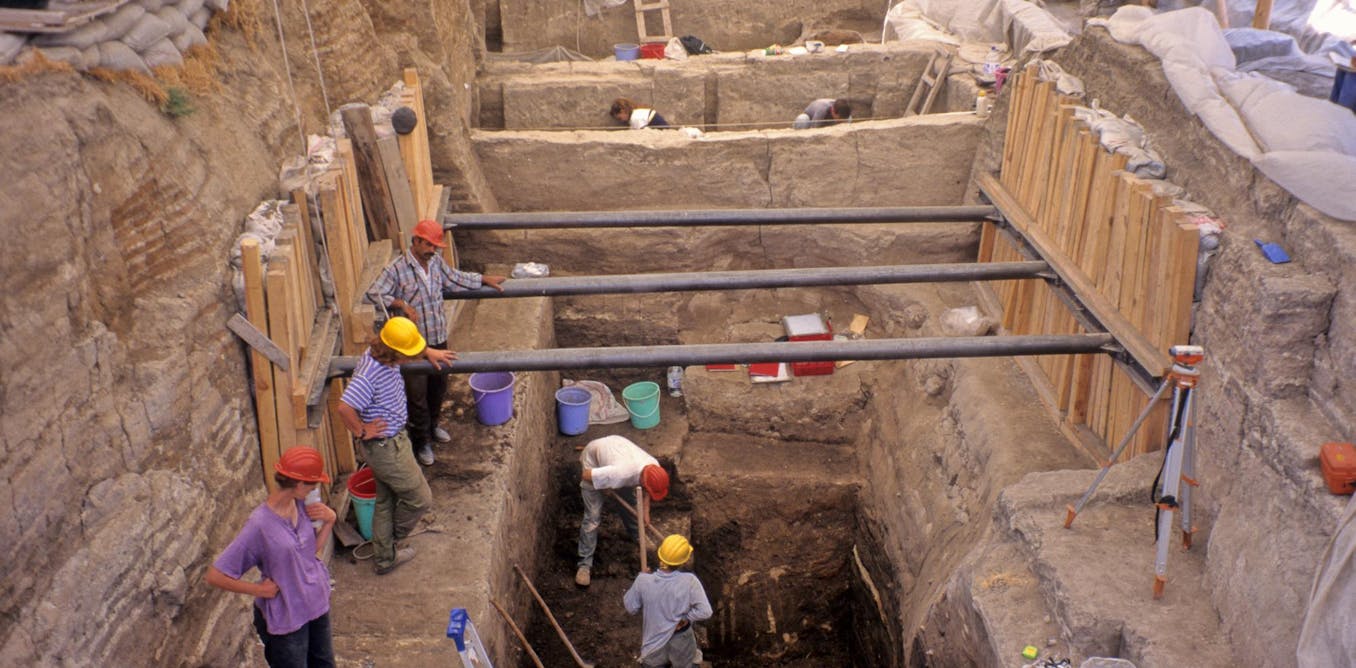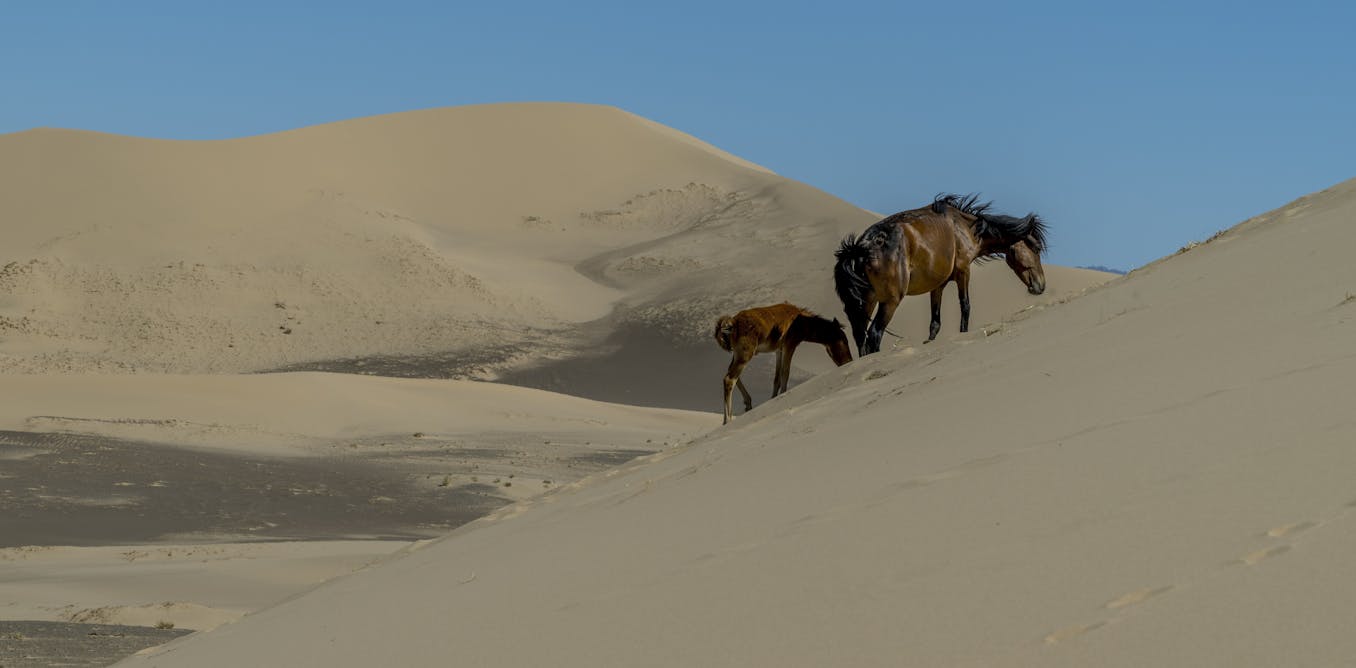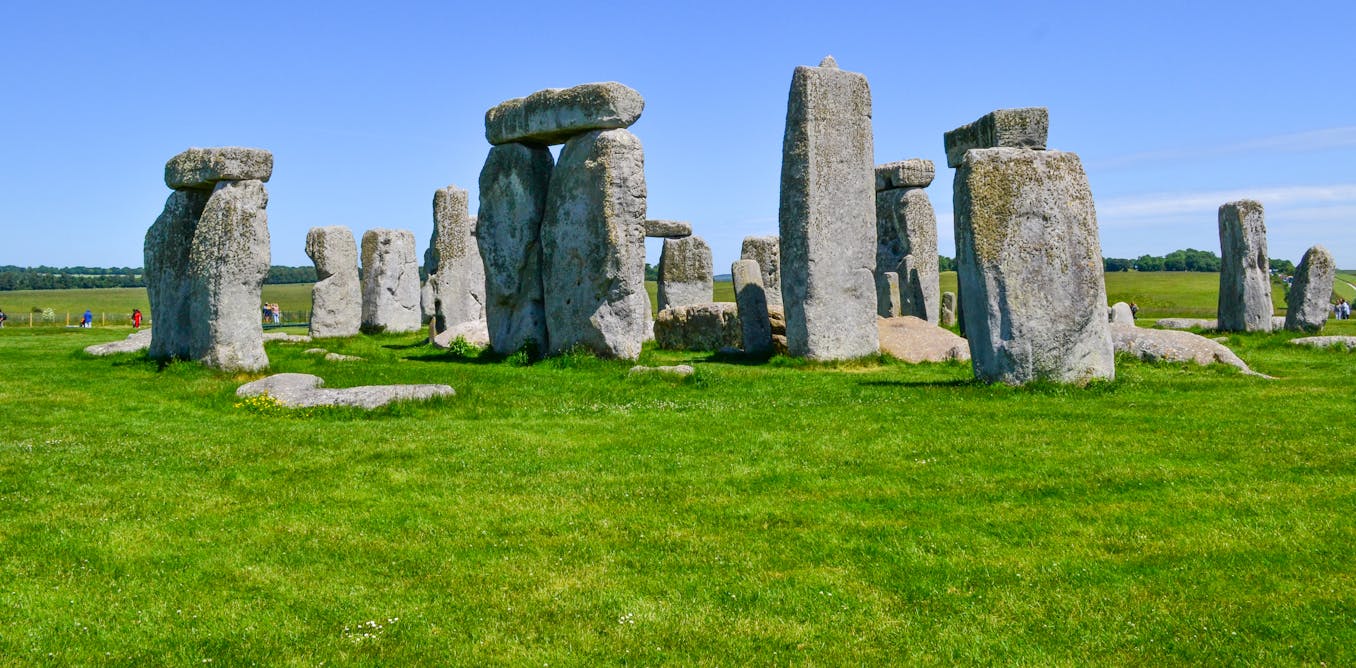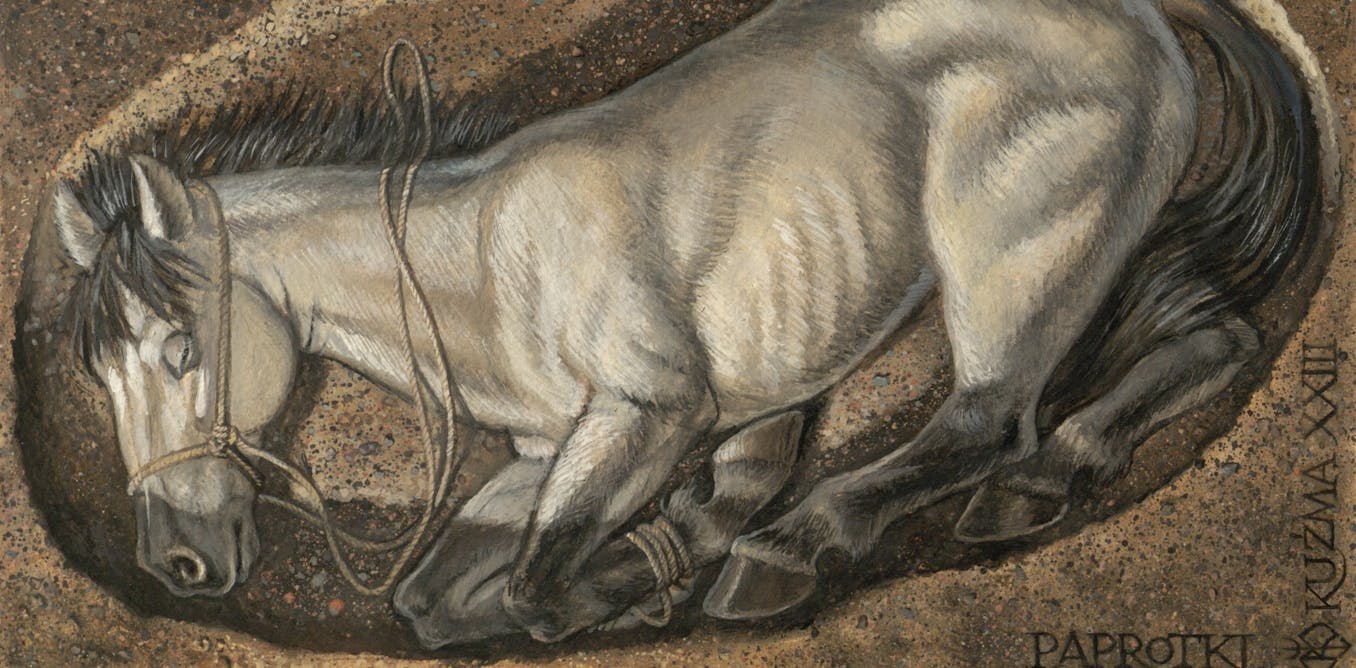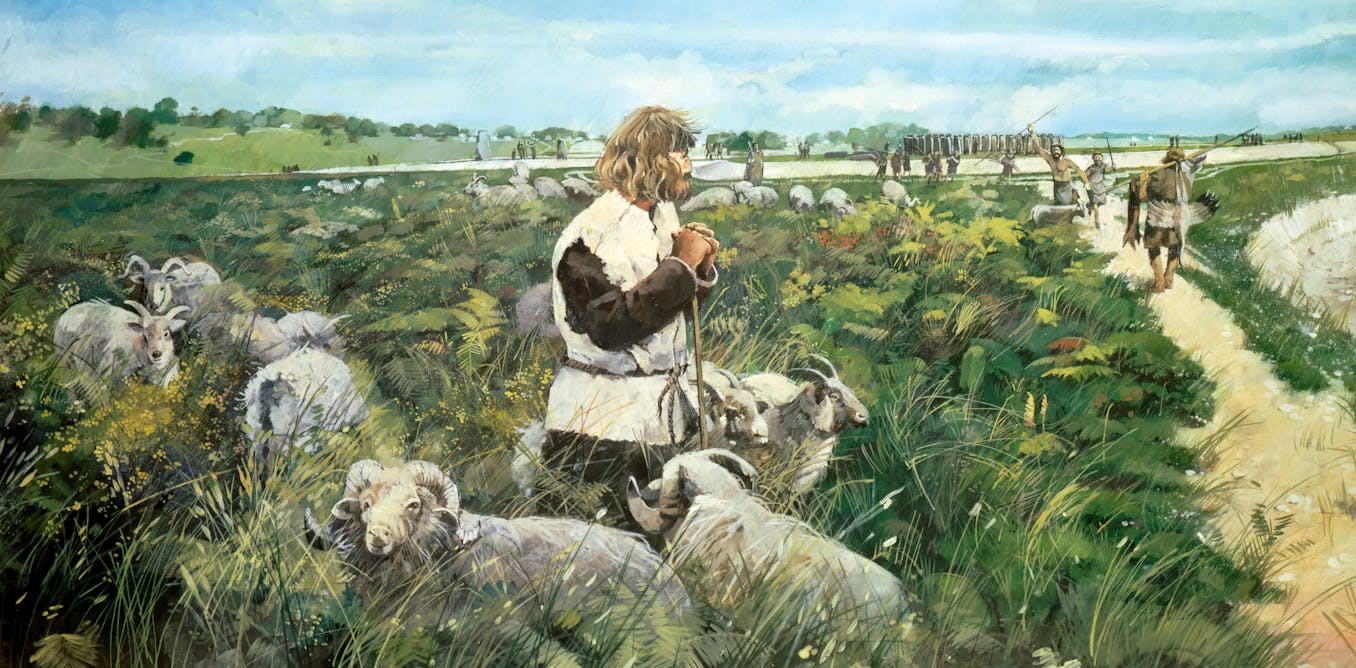Socially distanced layout of the world’s oldest cities helped early civilization evade diseases
Whether intentional or not, the way mega-settlements in southeastern Europe from 6,000 years ago were laid out would have cut down on the spread of disease.
Oct. 15, 2024 • ~11 min

